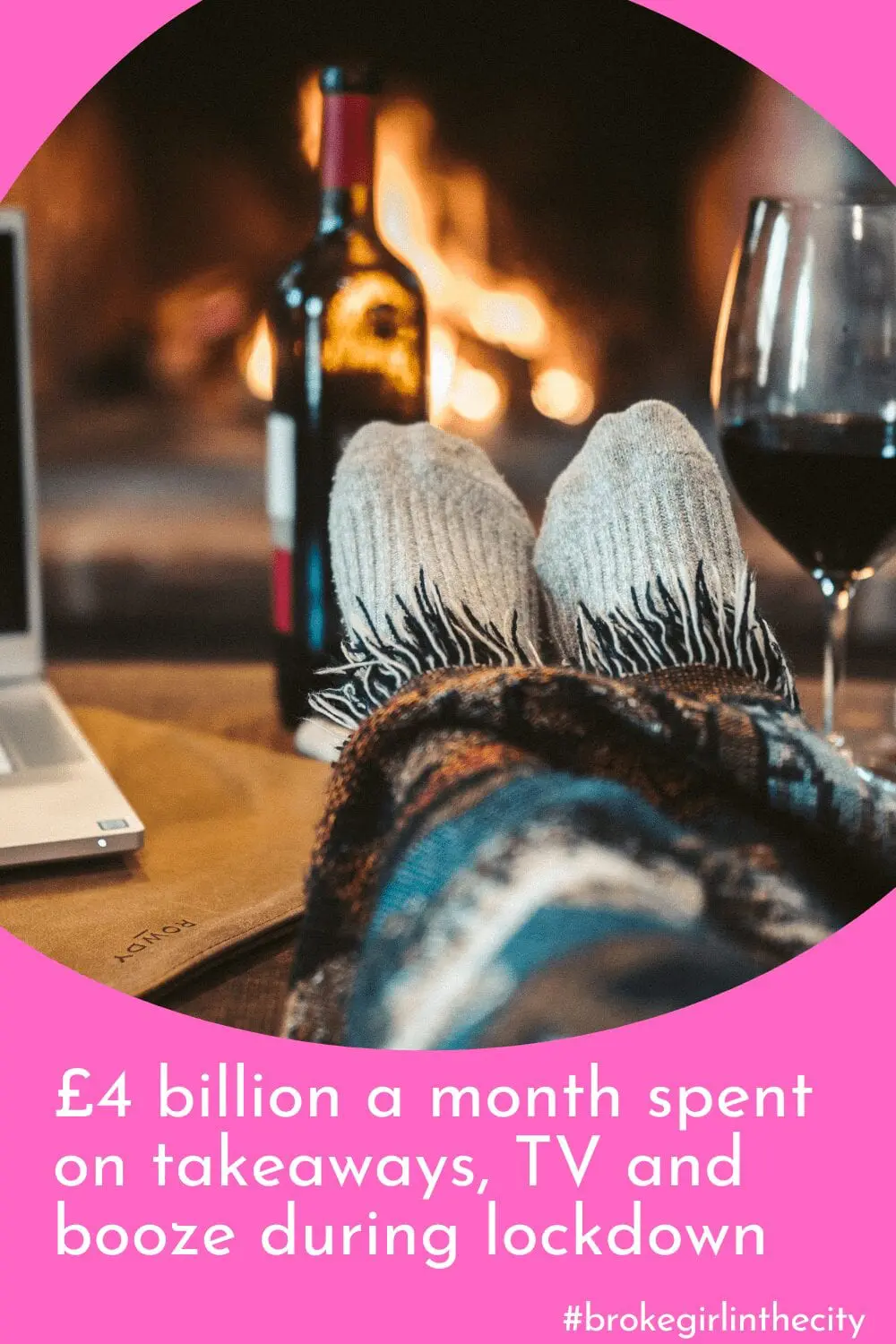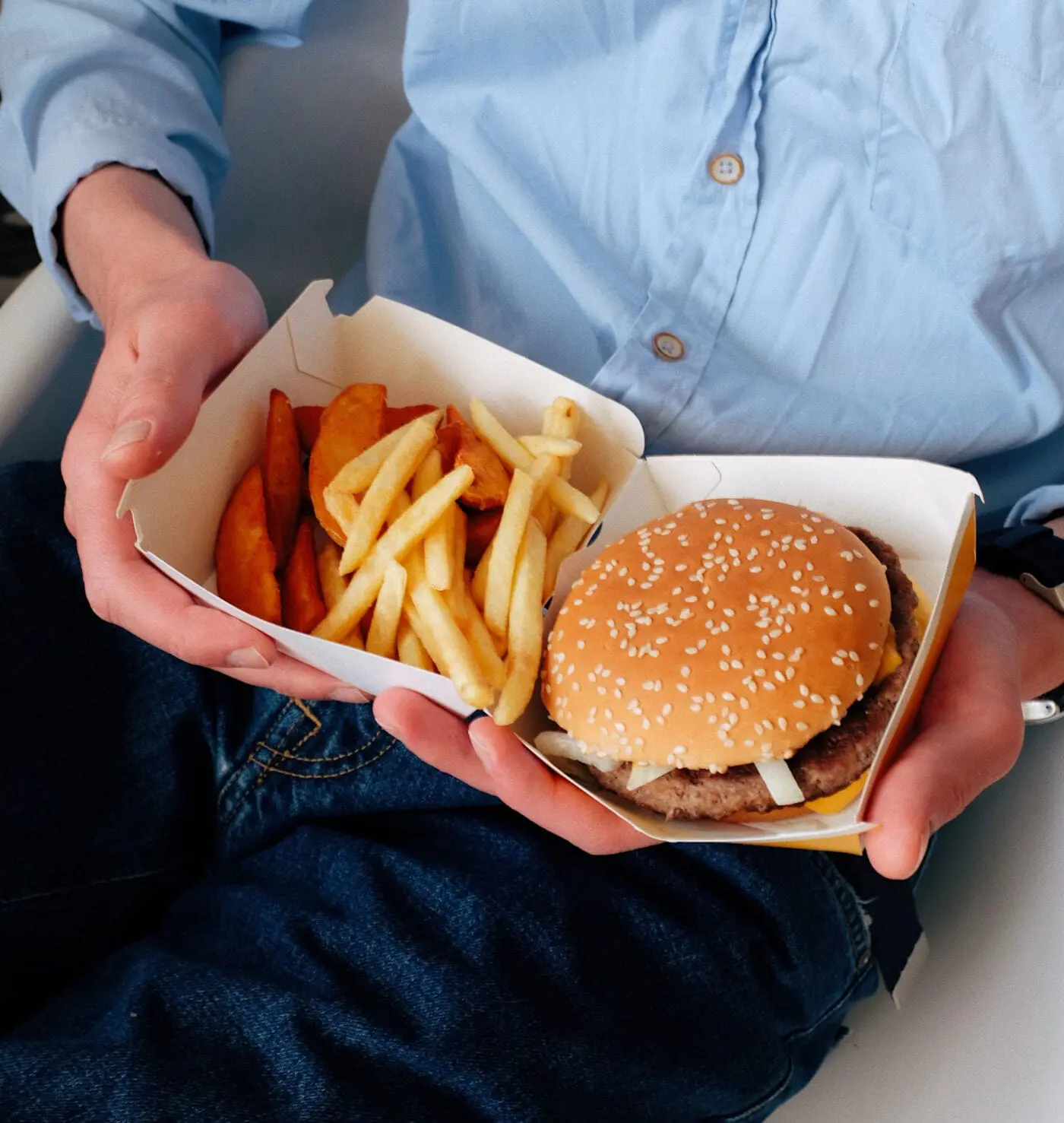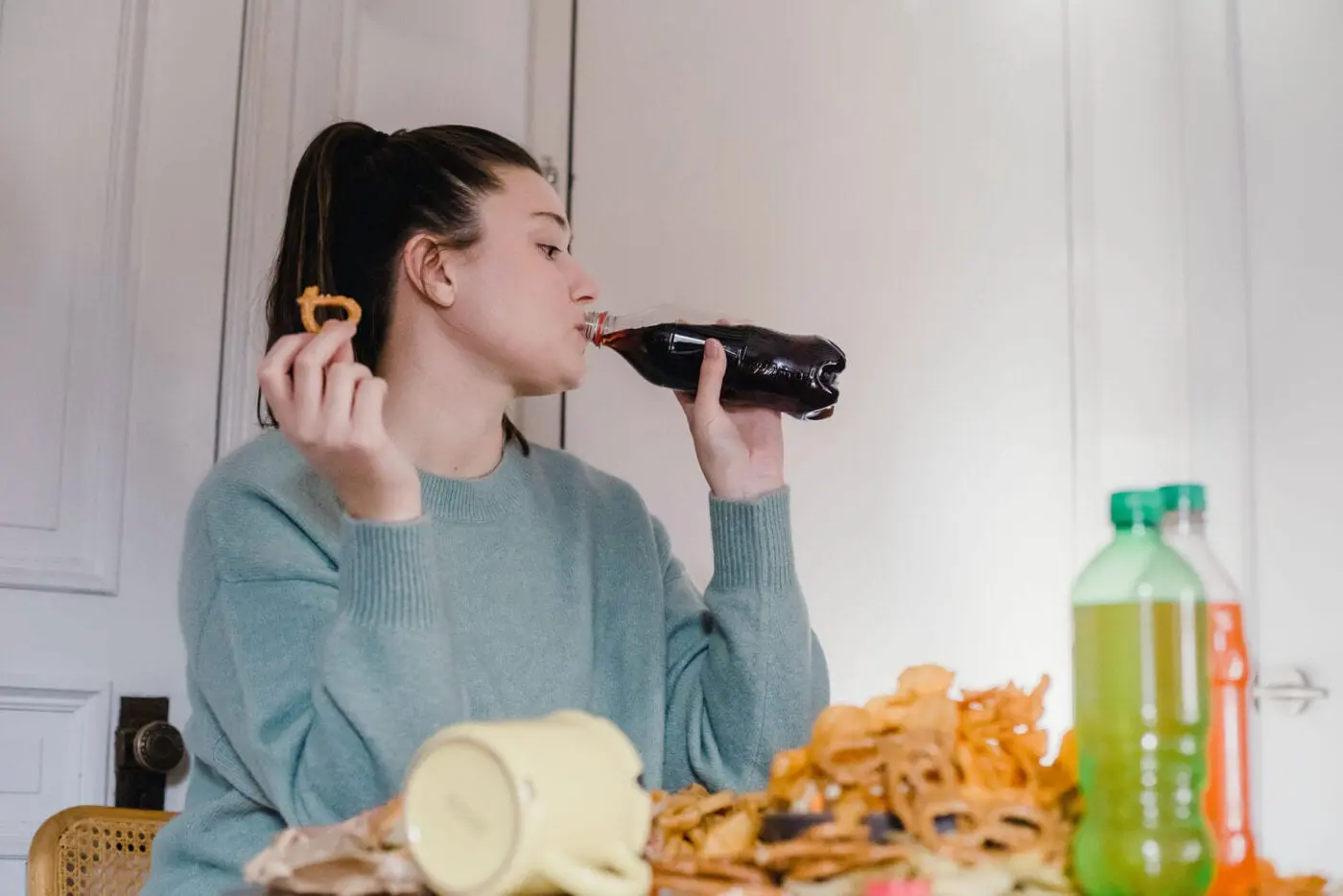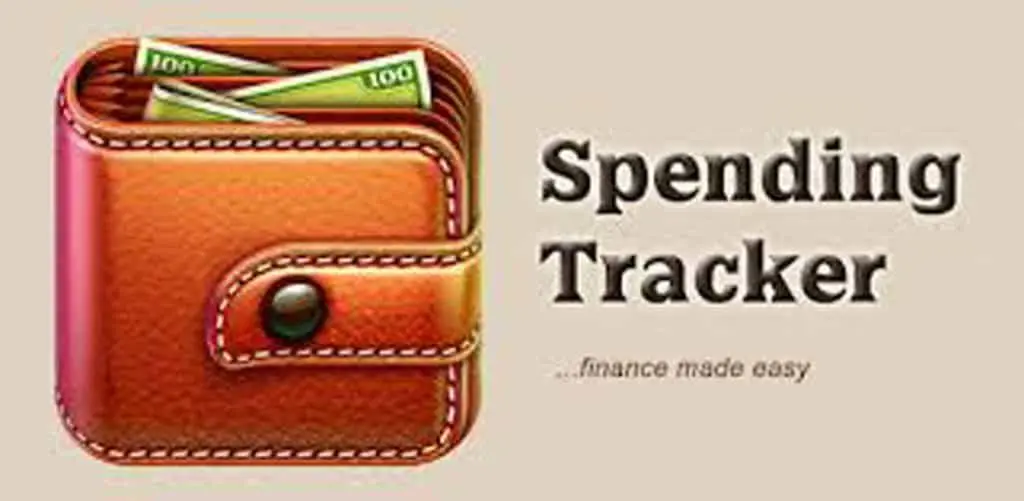
£4 billion a month spent on takeaways, TV and booze during lockdown
LifeSearch’s Health Wealth & Happiness Index reveals that Brits spent an average of £78 a month on takeaways, TV and alcohol in 2020! 13% more than in 2019 – with men spending 24% more than women
- Glasgow residents are the biggest spenders – £87 per head per month on TV, takeaways and booze, while people in Belfast spent the least – £66
- Music streaming spending was up 13% last year to £321million a month
- Despite lockdown, spending on health and beauty was up 14%

Brits spent £78 a head on takeaways, TV and booze every month during 2020
Men spend 24% more than women (£86 per head per month), according to the latest research from insurance broker LifeSearch.
The LifeSearch Health Wealth & Happiness Index can reveal that Brits spent 13% more on TV entertainment, takeaways and alcohol in 2020 than they did in 2019. A nationwide spend of more than £ 4 billion every month.
Brits spent a combined total of more than £ 2 billion per month just on TV during lockdown.
Almost half of Brits (49%) admitted spending more time watching TV during lockdown than in previous years – just 7% have watched less – and this was mirrored in their spending. On average, Brits spent £13.30 a month on TV streaming – an increase of 49% – while spending on TV subscriptions such as Sky and Netflix hit £26 a head per month.
With pubs and restaurants closed. It is perhaps no surprise that many of us were trying to recreate the dining out experience at home.
- Spending on takeaway meals was up 19% during lockdown, to £18.80 per person per month, a collective total of £ 990 million.
- We also didn’t let the fact that pubs were closed halt spending on booze as this remained consistent, with just a 2% increase in 2019 – a total of billion every month.
- In fact, eating out at restaurants is the top thing Brits have been most looking forward to with the lockdown easing (47%), ranking higher than a UK holiday (33%) and a trip to the hairdresser (33%).

Men were the biggest spenders in this category.
When it comes to TV, spending 41% more than women on TV streaming (at £15.60 per head per month). 20% more on TV subscriptions (at £28.40 per head per month). A fifth (22%) more than women on take-out and alcohol (totalling £42.30 per head per month).
- People from London spent the most on takeaways – £22 a month, while people in Plymouth spent the least £13.
- People in Newcastle spent the most on TV (£45 combined on streaming and subscriptions), while people in Cardiff were the biggest boozers – £25.
- Overall, it was Glasgow that spent the most every month, per person, on TV, takeaways and booze combined – £87, closely followed by Newcastle (£85) and Cardiff (£84) while people in Belfast (£66), Norwich and Plymouth (£67) spent the least.

Increased spending on fast food and drink has not been good for the nation’s health.
It would seem this increased spending on fast food, and drink has not been good for the nation’s health. More than a third (36%) admit they have been comfort-eating more in the last year, rising to 43% of women and 49% of young people, while 21% have drunk more alcohol. As a result, more adults are feeling less fit (34%) and less healthy (29%) than those who are feeling fitter (25%) and healthier (25%).
The LifeSearch Health Wealth & Happiness Index, compiled with the Centre for Economics and Business Research (Cebr) monitors changes in the three indices individually and combined, dating back to the 2011 HWH 2011-2021 graph. Given the shift in spending and the worrying trends in health, it is perhaps no surprise that the nation’s Health Wealth and Happiness score reached its lowest level since 2011, plummeting 20% in just a year – from 92.9 in Q1 of 2020 to just 74.3 in the first quarter of 2021.
“Despite a tough year of restrictions, Brits’ spending habits haven’t been curbed.”
Emma Walker, Chief Marketing Officer at LifeSearch (commissioner of study)
“Our study has found that it’s not just spending on alcohol, takeouts and TV streaming and subscriptions that have gone up in the last year, but also spending on health, beauty and fashion too while we’ve mostly been confined indoors.
“Our new Index has shown that the UK’s wealth hasn’t yet been as hard hit as our health and happiness has been in the last 12 months, partly as household savings have been at a record high and the furlough scheme has helped protect incomes. But, we may see changes in the months ahead and this is reflected in the fears that consumers shared with us from job insecurity through to rising bills and savings taking a hit.”

Figure one – consumer spending 2020:
| Spend type | Spend per head each month on average during lockdown 2020-21 | Spend per head each month on average during 2019 | Percentage increase in spending between 2019 and 2021 | Collective UK spend during an average month * |
| TV streaming | £13.30 | £8.90 | 49% ↑ | £701 million |
| Takeaway meals | £18.80 | £15.80 | 19% ↑ | £990 million |
| Petrol | £28.70 | £35.50 | 19% ↓ | £1.5 billion |
| Health and beauty | £13.12 | £11.50 | 14% ↑ | £695 million |
| Music streaming services | £6.10 | £5.40 | 13% ↑ | £321 million |
| Clothes and shoes | £21.00 | £20.40 | 3% ↑ | £1.1 billion |
| Sky and other TV subscription | £26.00 | £24.90 | 4% ↑ | £1.4 billion |
| Alcohol | £19.70 | £19.30 | 2% ↑ | £1 billion |
| Takeaway hot drinks | £7.40 | £7.40 | 0% | £390 million |
| Instore groceries | £56.70 | NA | NA | £3 billion |
| Online groceries | £30.60 | NA | NA | £1.6 billion |
For a full copy of the LifeSearch Health, Wealth and Happiness Report, visit www.lifesearch.com/hwh.

Top Tips for lockdown bad habits
Many of us have paid for music and TV subscriptions to break up the monotony of lockdown. Takeaways have replaced eating out, which you could argue is cheaper, but how many times do you buy takeout compared to pre-lockdown? We might not have been spending money in the pub, but how many people have been drinking at home more? As we emerge out of lockdown, this is the time to review all of your spending habits and cut out any bad habits.

